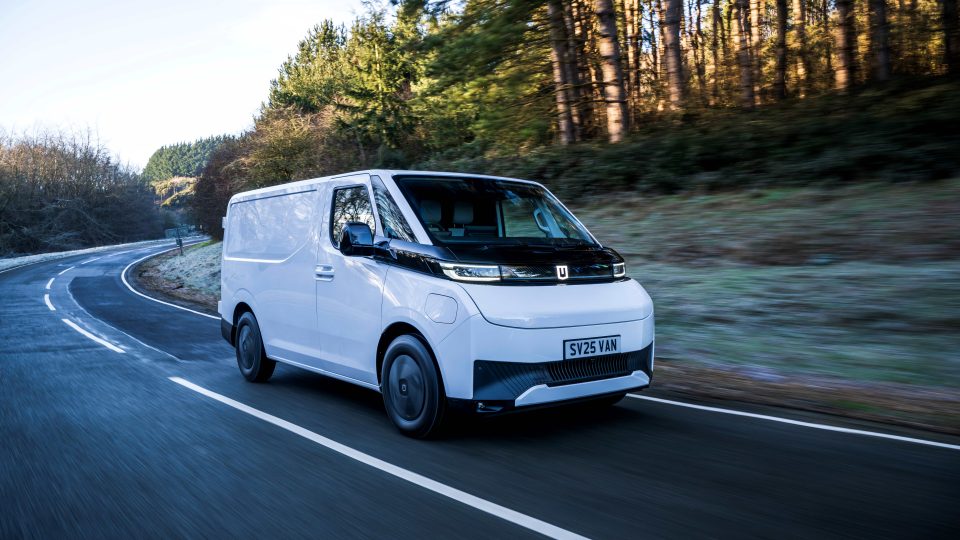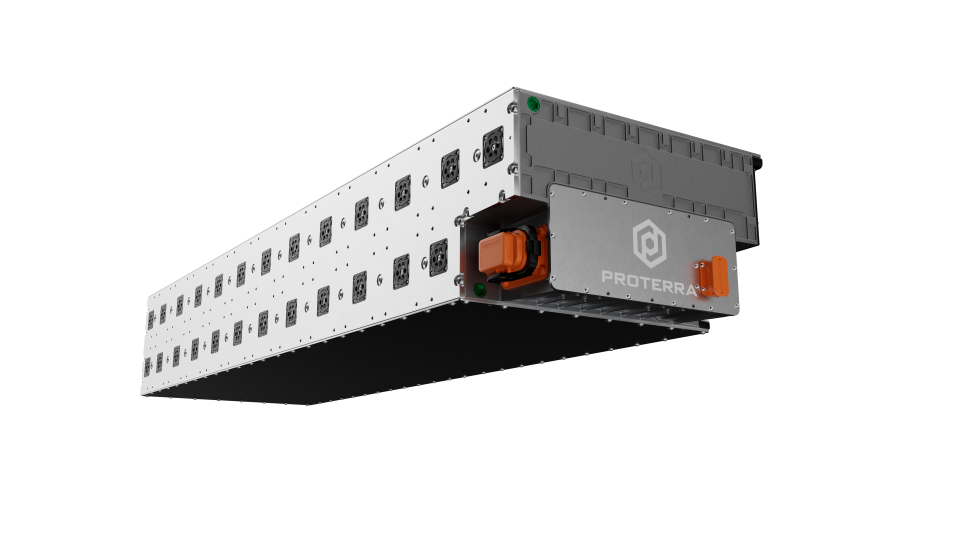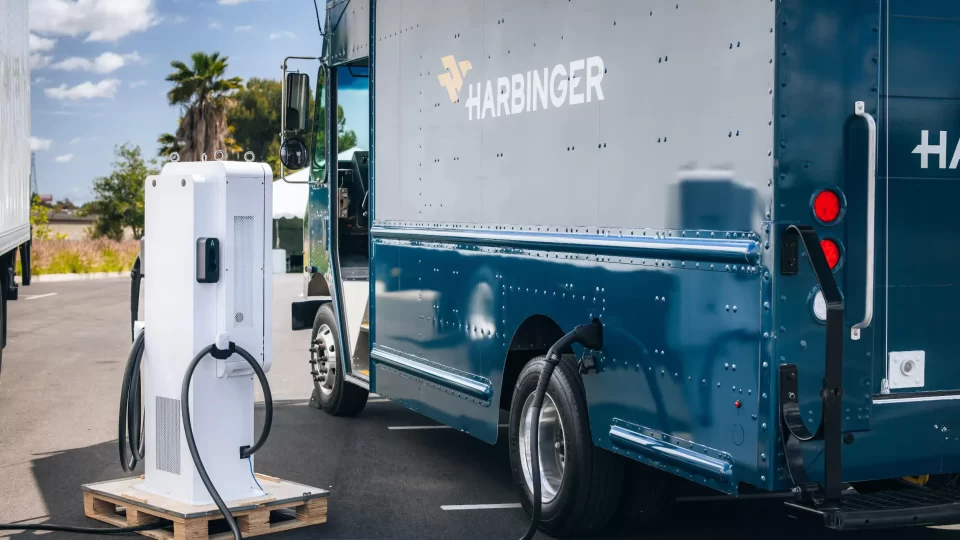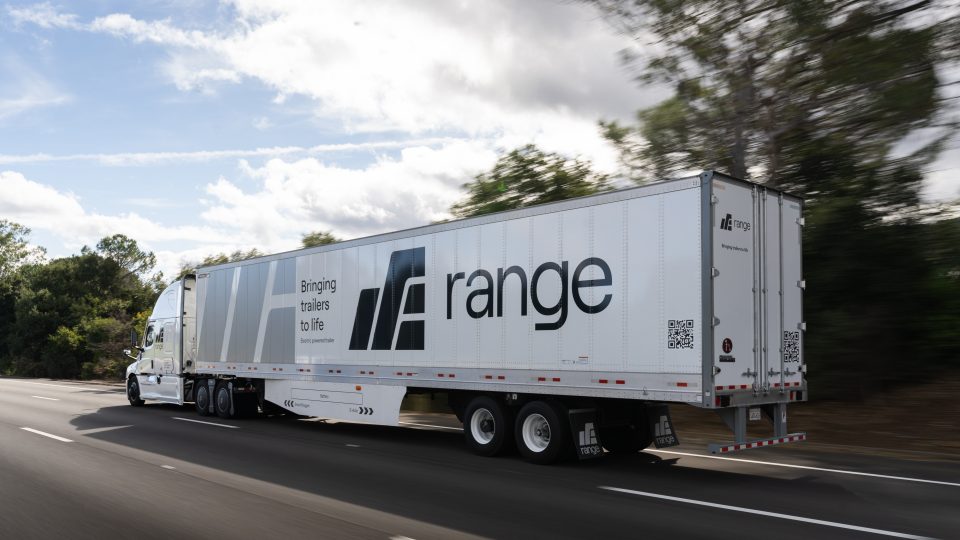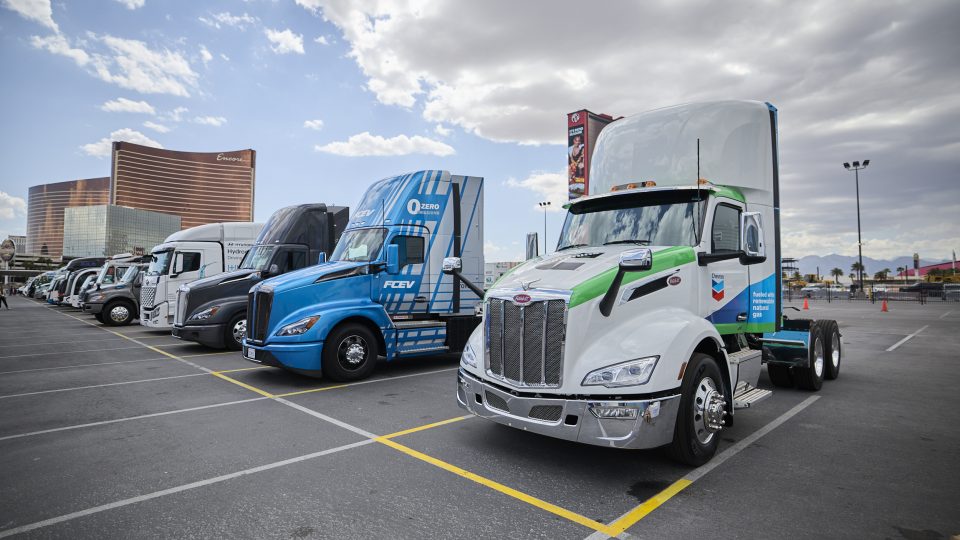«Independent suspensions are the future of electric trucks and buses». Our interview with BRIST MD
A talk with BRIST Managing Director Güngör Oduncu and Director Engineering and Procurement Danilo Bonera offers a nice observation spot for the changes taking place in the commercial vehicles industry, where e-mobility is gaining speed also in the truck segment and, very important, old layouts converted from ICE to electric drivetrains are step by step being replaced with totally new projects.
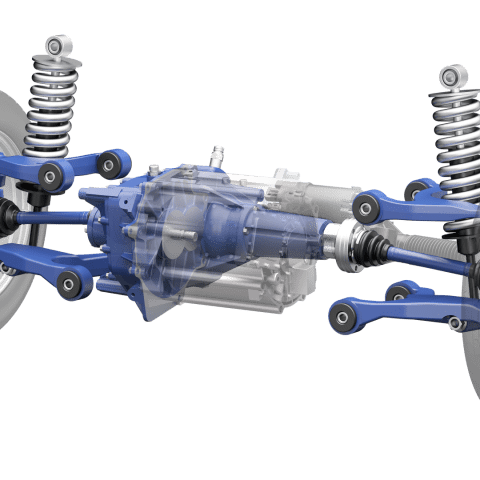
«Independent suspensions are the future of electric trucks and buses». We’ve summarized in a sentence one of the main concept that Güngör Oduncu, Managing Director at BRIST, told us during a very pleasant chat at their headquarters in Montichiari, near Brescia (Italy). BRIST is a supplier of axles, suspensions and gearboxes with lot of activities going on in the electric bus sector. Not to mention their involvement in the ambitious projects of an innovative UK-based new generation manufacturer…
All this being said, a talk with BRIST Managing Director Güngör Oduncu and Director Engineering and Procurement Danilo Bonera offers a nice observation spot for the changes taking place in the commercial vehicles industry, where e-mobility is gaining speed also in the truck segment and, very important, old layouts converted from ICE to electric drivetrains are step by step being replaced with totally new projects.
BRIST: independent suspensions as a key concept
May you give us a picture of your company?
«BRIST is a full system supplier of axle, suspension and gearboxes for vans, trucks and buses. The origin of Company is based on Voith. In 2004, Voith launched an axle subsidiary to enlarge its supply package . Then, after 10 years of operation under Voith umbrella, the Group decided to focus on the core businesses, while divesting the side ones, including the axle. During that period my father was a professional working for Voith and taking this opportunity, in 2014, he acquired all the shares together with a partner and changed the Company name to BRIST. Team and facilities were kept, while achieving a significant growth in all senses since then. Today, BRIST has become a globally recognized solution partner with customers in the UK, France, Netherlands, China, Turkey, Russia, USA, Canada and CIS countries. Despite global footprints, Italy facility still constitutes the core of BRIST. All the headquarters, production and R&D are based in Brescia. The Italian organization are supported by representative offices in Istanbul and Suzhou».
We expect most of our growth from now on coming from the electric van and light truck market in the next few years. We have been targeting the bus market, now we are targeting a wider market
BRIST Managing Director Güngör Oduncu
How has the Covid pandemic impacted on your business?
«We have been hit by Covid, but as we are a small, compact and agile company we were able to adapt quickly. Over the last two years, we did not lose revenue, but our growth curve stagnated. Despite Covid, we continued our product and team investments. Driven by that, in 2022 we will achieve nearly two times growth bringing our revenue beyond 25 million euros».
Where do you expect most of the growth to come?
«We expect most of our growth from now on coming from the electric van and light truck market in the next few years. We have been targeting the bus market, now we are targeting a wider market».
From the e-bus market, to the e-truck market…
What are you observing in the truck market?
«We see a clear transition of driveline structures in the truck segment. There is a new game: with the introduction of electric platform, trucks are moving to independent suspension concepts in order to have a different weight distribution, or narrower concept for cities, or lower entrance height. We are also in the game of hydrogen-powered heavy tractors, where there is a request for having more space between wheels».
How has the size of the company changed in the last few years?
«In Voith times from 2004 to 2014, there were only 5-6 white collars and just few assembly workers. Now, we have a team of 60-65 people, more than half are engineers. Meanwhile, our facility in Brescia has grown 3 times in closed area, while being totally renovated with lean production principles».
Trucks are moving to independent suspension concepts in order to have a different weight distribution, or narrower concept for cities, or lower entrance height. We are also in the game of hydrogen-powered heavy tractors, where there is a request for having more space between wheels
BRIST Managing Director Güngör Oduncu
Where is your supply chain located?
«We like to work with Italian suppliers. At the beginning of the history of BRIST, 80% of the parts were coming from China. Then, we turned from China to Turkey, Italy and Europe, for the sake of quality, agility and lead time flexibility. Today only 10% of supply comes from India and China. 40% are from Turkey. The rest are from Italy and Europe».
Güngör Oduncu: «We have to be innovative, otherwise we won’t be competitive»
The market for axles and e-drives is getting crowdy, and big groups are taking the lion’s share. Which is the added value a company like BRIST can offer to customers?
«Basically we offer enabling the vehicle innovation. BRIST is the agile driveline partner making the vehicle innovation happen, which can’t be done with standard products available in the market. The customer tells us “We’d like to do this kind of vehicle”, and then we build something that can improve the vehicle, a tailor-made solution. Our activities often start from the development of the vehicle. It happens that OEMs involve us immediately, from the concept stage, and we contribute to brainstorming and the kickoff of new products’ development. In any case, we always receive requests to make new vehicles from scratch, not to convert old vehicles to electric powertrains. We have to be innovative, otherwise we won’t be competitive».
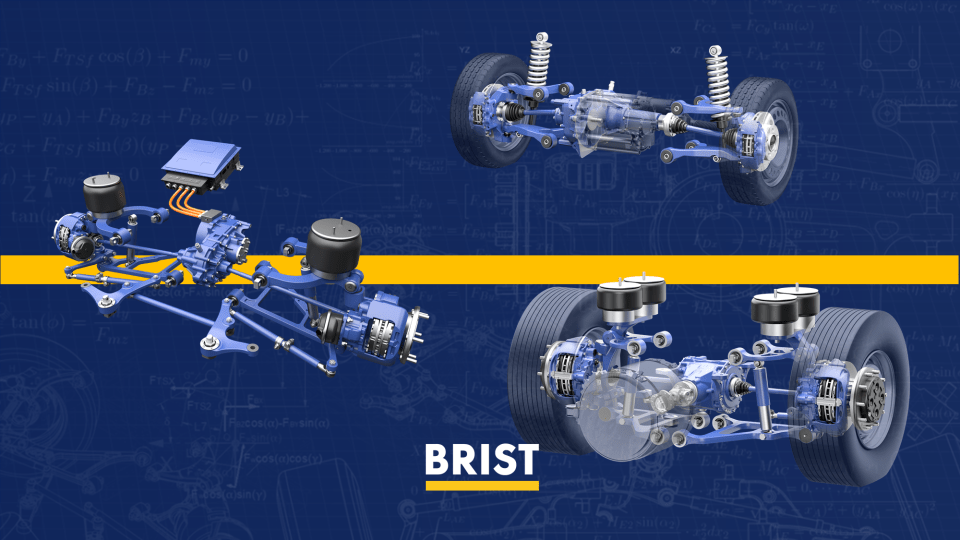
Which is your business model?
«We are not an engineering company, but neither a production company. We describe ourselves as a “product company”. We own the product but we outsource the components to global supply chain. In our lean production cells, we do the assembly of components and then, supply the product. We do not prefer to invest in forging, machining or casting, because there are tons of companies already invested on this. We leverage them. In our model, via cloning our assembly cells we can increase our capacity quickly, as well as iterating this model to local content required regions such as China or USA. This model provides us a big flexibility. We are not bonded to large capex machinery investments and we are able to easily adapt all conditions in this changing industry dynamics.
Rather than investing on forging, casting or machining, we always do our investments in products. For instance, we invested in an internal test center, as we do a lot of customization. Currently, we are able to simulate real vehicle behavior on internal test benches. We always collect immediate feedback from the products we develop, as we are very often trying something different. So we can immediately test our products according to our validation criteria».
BRIST: suspension for buses, vans, delivery trucks and electric vehicles
Let’s get to the products. Which is your focus?
«Our core focus is the independent suspension, i.e. a mechanical independent axle with a planetary reduction and customizable gear transmission. We already have single-speed transmission in our portfolio. Next year, we will launch also our own two-speed transmission. What we are offering is a lightweight and modular concept equipped with proven BRIST components running on the field since over 10 years. Motor is well packed, but we also offer customers the flexibility to select their own option upon preferences in performance, voltage or localization».
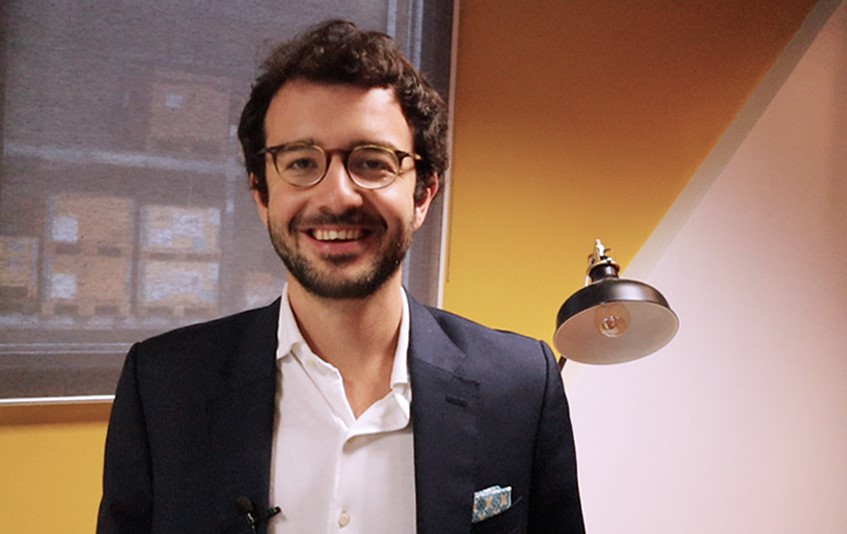
From the technological point of view, you are taking a firm stand, let’s say…
«We believe that in the future independent suspension will get a higher share in the market. For instance we are providing drive axles on independent suspension, and this is not something common. Usually the drive is on rigid suspension (that, anyhow, is also included in our portfolio). Normally, most of the buses were using independent suspension as a front axle. But now things are changing…».
How?
«Now we are providing independent front, rear and drive suspension for buses, vans, delivery trucks, electric vehicles, and special vehicles. The reason is simple: independent suspension is lightweight, and weight today is a very important aspect, considering its impact on battery selection. We are also able to combine drive and steering function in the same suspension».
From ICE to e-mobility, there’s room for new layouts
To what extent independent suspensions enable savings on weight?
«Minimum 10 percent compared to rigid suspension. Also, we fix the motor and the transmission to the body, and not together with the axle. In this way, we don’t put the weight on the wheel, instead we put it on the body providing much better dynamics».
Some OEMs play a replacement game, just replacing the ICE motor with an e-motor. We are not playing this game, we are working on new vehicles built with electric drive mindset. We aim to activate the advantages of electric drive and get rid of the constraints of traditional layouts of ICE engine
BRIST Director Engineering and Procurement Danilo Bonera
After all, we are in a situation where we witness an incredible variety of solutions, typical for a market which is at its early stage, and fast moving…
«Exactly. Some OEMs play a replacement game, just replacing the ICE motor with an e-motor. We are not playing this game, we are working on new vehicles built with electric drive mindset. We aim to activate the advantages of electric drive and get rid of the constraints of traditional layouts of ICE engine».
Which changes should we expect as long as constraints from ICE powertrains will leave room for new platforms?
«Take a traditional 12-meter city bus: you have wheels in that position because you need a front door and in the rear you need a long overhang to host the engine compartment. But when you use an electric powertrain, the rear overhang is not necessary. And all the space behind the rear axle is moved to central area, which is the total flat area for passengers. We don’t want to keep the constraints coming from diesel vehicles, we want to take all the advantages of electric drives».
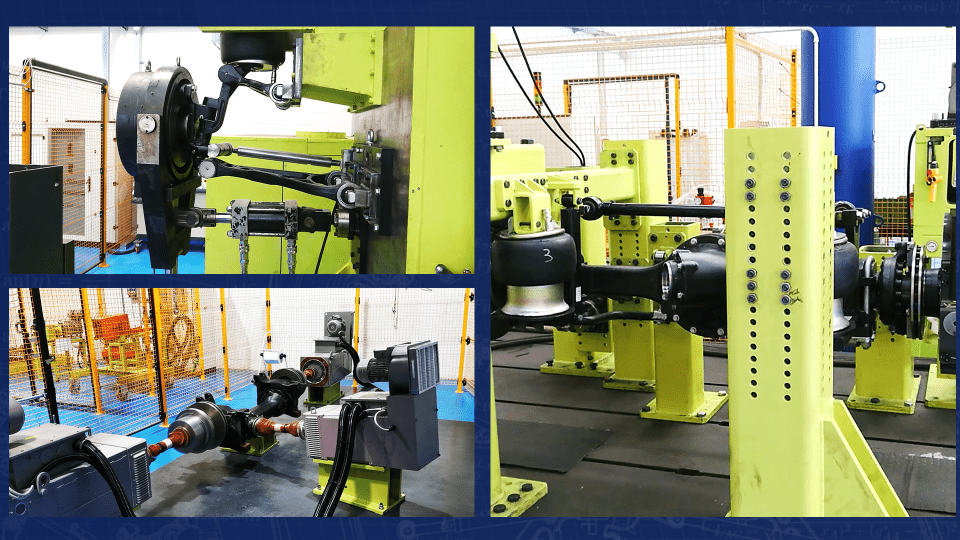
Any other examples?
«Also in terms of weight balancing, in the bus sector a conventional 12-meter bus has 8 ton capacity on the front axle and 12 ton on the rear. But now, since batteries should be ideally distributed on the full vehicle length, the weight would be split 50 – 50 on the two axles. But nobody still has a 10-ton front suspension. We are developing such a product».
Future projects, besides the just-mentioned front axle with 10-ton capacity?
«We are currently working on a 2-speed transmission, and we also want to be active on the ECU side. We have started cooperation with multiple parties including Brescia University in this field and we will be able to deliver a complete package with axle, transmission and Electronic Control Unit, where the motor will be able to communicate, through the control unit, with battery management and the rest of the vehicle».





